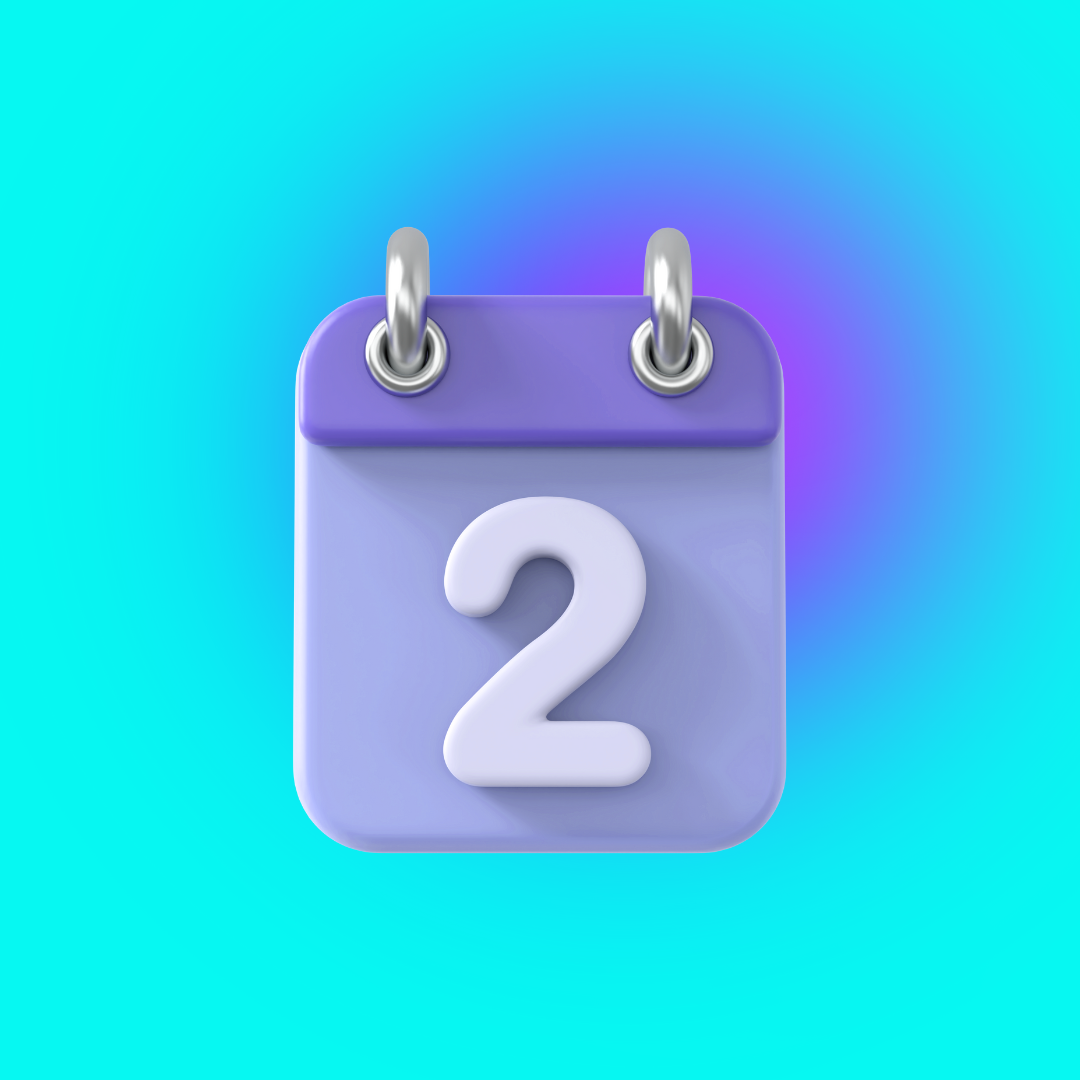Here’s the truth: you can learn all of English Lit in two weeks – as long as you follow a smart, structured plan. No fluff. No faffing. Just focused progress every single day.
Here’s how to make it happen.
Start With a Plan, Not a Panic
Most students waste time jumping between random notes or trying to cram everything into one giant session. That doesn’t work.
What does work? A tight, targeted plan built around your core texts.
Let’s say you’re studying Macbeth and An Inspector Calls. Here’s what a focused week might look like for one of those texts:
-
Day 1: Build a summary and flashcards for the plot.
-
Day 2: Choose two key characters and gather 2-3 quotes for each.
-
Day 3: Focus on a theme (like guilt, power, justice). Link character actions and quotes.
-
Day 4: Add context: what was happening at the time the text was written or set?
-
Day 5: Write a mini essay or paragraph based on a past paper question.
-
Weekend: Mix things up with quote recall, timed planning, or peer review.
Then repeat the cycle for your next text in week two.
Quote-Hunting Made Simple
You don’t need 50 quotes per text. You need a few smart, high-impact ones that work across lots of questions.
Use prompts like:
-
What’s a line that shows this character’s fear/power/loneliness?
-
Which quote links to the theme of justice/love/violence?
-
What moment shifts the whole direction of the story?
If you can master 1-2 flexible quotes per character and per theme, you’re sorted.
Context That Actually Helps You
Examiners don’t want a history essay. They want to see how context deepens your analysis.
For example:
-
In Macbeth, Shakespeare explores the “divine right of kings” and how Macbeth’s ambition breaks that natural order.
-
In An Inspector Calls, Priestley critiques class and responsibility in a society that’s on the edge of war.
Link the context to character actions. That’s where the marks are.
Turn Notes Into Practice
Revision without application doesn’t stick. The more you use your notes, the faster they become part of your thinking.
Try this:
-
Plan answers to real past questions (you don’t have to write them all out).
-
Draft one paragraph per day, using a new quote.
-
Mark an old answer using the mark scheme to see how you’d improve it now.
The more active you are with your learning, the less you’ll forget under pressure.
Don’t Forget: You’re Not Alone
At The Lightup Hub, we’ve done the heavy lifting for you:
-
Ready-to-use quote banks
-
Bite-sized context breakdowns
-
Model essays and structure hacks
-
Smart tools to get your revision sorted in half the time
If you’re not in yet, this is the moment to make the jump – head to THE LIGHTUP HUB
Final Word
You don’t need to learn everything. You just need to learn the right things, in the right way.
Pick your first text. Start there. Use every day wisely. You’ve got this.
Share This Story, Choose Your Platform!
Related Content
Ever wondered why your English teacher keeps banging on about Shakespeare, Priestley, and all those “important” books? Like, what’s the [...]
A New Way To Revise Is Here Let’s be real, revision can be boring. Endless notes, reading the [...]
A Reading Hack That Saves A Heap Of Time! Speed-reading is a real skill, and with a few clever techniques, [...]
It's important to implement tactics to stay motivated Let’s be real: studying for GCSE English can feel like [...]
How Shakespeare Could Rule The Internet In The 21st Century 1. Shakespeare’s Instagram Bio 📸✒️ ☑️ Poet | Playwright [...]
Beat Exam Nerves Exam anxiety is totally normal, and with the right mindset and strategies, you can keep your [...]
Just In Case You Wondered, There Is A Point You might be thinking, “When will I ever need [...]



Here’s the truth: you can learn all of English Lit in two weeks - as long as you follow a [...]
Ever wondered why your English teacher keeps banging on about Shakespeare, Priestley, and all those “important” books? Like, what’s the [...]
A New Way To Revise Is Here Let’s be real, revision can be boring. Endless notes, reading the [...]

